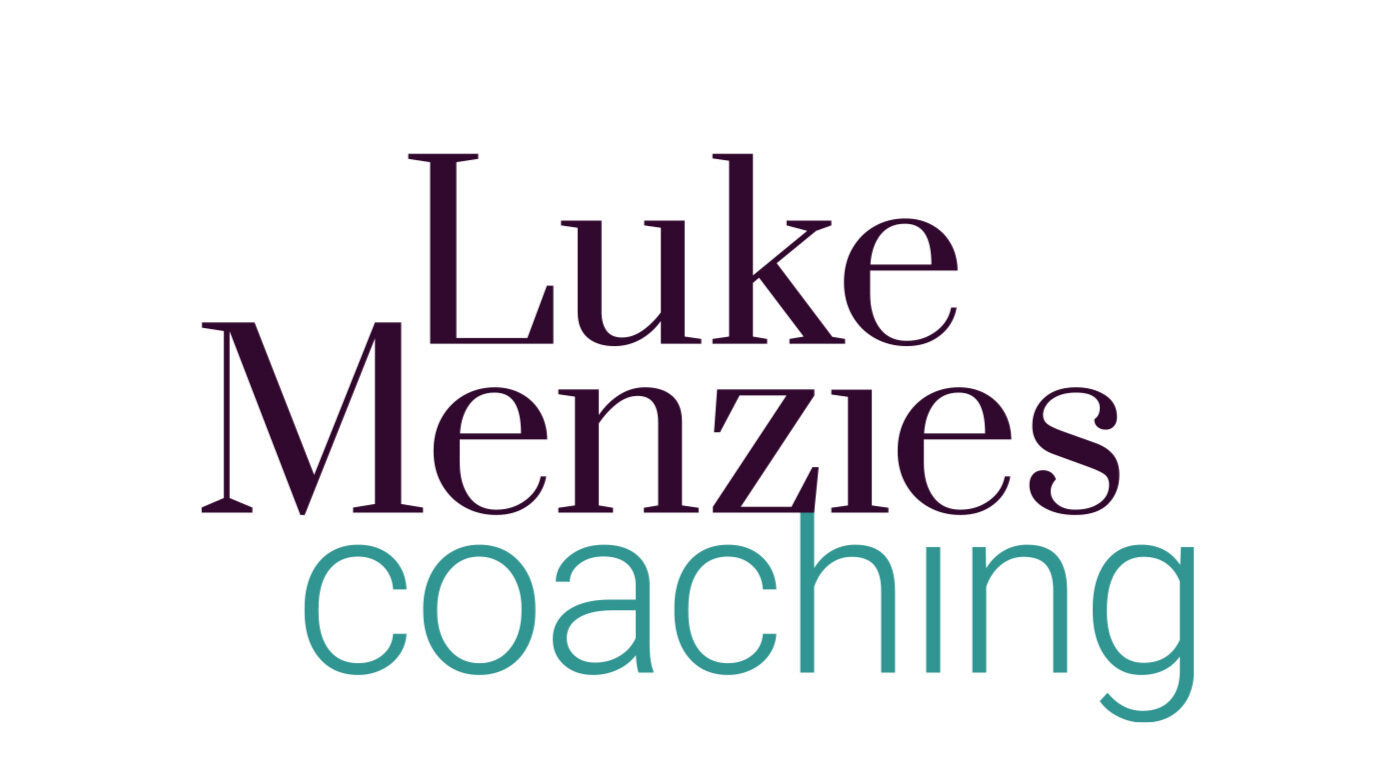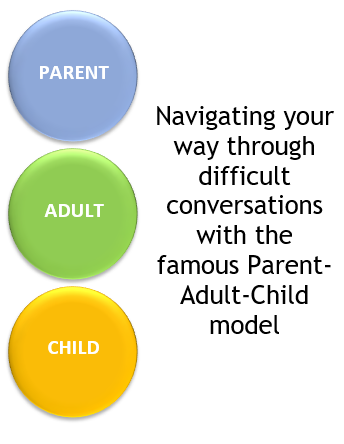TERA: Having more effective advice meetings using Emotional Intelligence
I was reminded the other day of a very useful way of approaching and setting up effective conversations and interactions (including legal advice meetings!) in a way that uses lots of use of modern neuroscience, and emotional intelligence, and of how our minds work when we’re interacting with another person.
This particular approach to having effective, powerful interactions with another person goes under the acronym of TERA:
T – Tribe – Are you with me or against me?
E – Expectation – Do I know the future or don’t I? If the answer is clear, we feel safe. If it’s not, we don’t.
R – Rank – Are you more important or less important than I am? If I feel less important, chances are I feel less secure.
A – Autonomy – Do I have a say, or don’t I? If I feel I have a choice, then I’m much likely to consider this a good conversation and engage more with it. If I feel like I don’t have a choice, it doesn’t feel safe.
We can look at the amount of TERA that is present in an interaction from the point of view of each participant. My suggestion is that you think about being in an advice meeting with a client and (at least for now) assume that you will be "OK" and so concentrate on making it a high-TERA encounter for your client.
So imagine you’re in a meeting, giving legal advice to a client who you don’t know well. What can you do to enhance their positive experience of the meeting – and come away liking you and feeling looked after?
T – Tribe – Help make your client feel that you're on their side, and that you and they are "in this together" by using affiliative language e.g. "Isn't it? Don't you agree? Won't we? Don't we? I'm sure you'll agree that...") Plus lots of smiling and relaxed facial and body language. Be their friend.
E – Expectation – Signpost right at the start of the meeting how you're going to approach the conversation - probably like you were taught at law school. It might go like "I'm going to check a few facts with you and then do a quick review of the legal issues that apply, and then we can look at what that means for this particular situation. Feel free to ask any questions as we go. Is that OK?"
R – Rank – Aim to remove rank from the conversation. So, encourage yourself not to feel intimidated if they are very senior, and likewise ensure that you minimise doing or saying anything that might make them feel you are "too powerful" in the conversation by being the lawyer. Back to the affiliative style of conversation and smiling and relaxed behaviour mentioned above.
A – Autonomy – Do what you need to do to help them feel that they are still in charge of the decision-making, despite you being "the lawyer" and despite the strong steer you might be giving in your legal advice. The technique of RAG (red, amber, green) risk rating works well here, because its whole basis is that you're giving them the choice, and your role is merely to point out the risks and opportunities that flow from the various options you're laying out for them.
I’ve also put this into a video which you can find here




